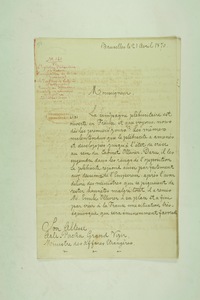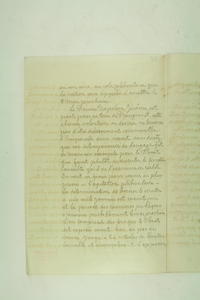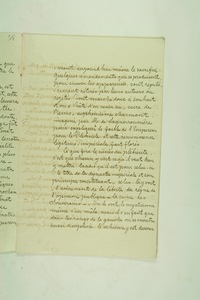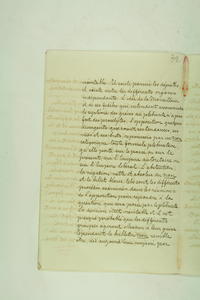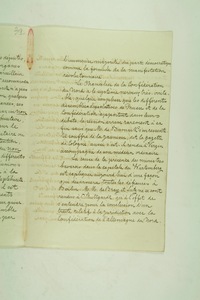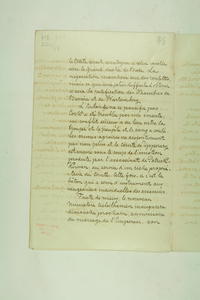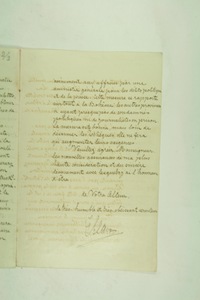Ottoman Diplomats
Letters from the Imperial Legation in Brussels (1849–1914)
Synopsis
L'agitation plébiscitaire en France. Indisposition de M. de Bismarck. Mrs. de Bray et de Lutz à Stuttgardt. Emeute en Irlande. Amnistie du nouveau ministère Cisleithanien.
In France, the plebiscitary campaign had started. Causing differences of opinion, the plebiscitary question seemed to respond to the Emperor’s plans. According to Glavany, the Emperor had created an equivocal situation, which was in his favour. May 8th would be the day of the plebiscite. Prince Napoléon Jérome left for the Prangins Castle. This – voluntary or not voluntary – decision engendered comments. Glavany mentions why the Emperor might have wanted him gone and explains the success of the plebiscite: it could mean different things, depending on the political background of the one who addressed the question. Division was inevitable. About German Chancellor Bismarck, Glavany reports that he had an irritable nervous system. The Gazette de Cologne reported that he had jaundice. About the Bavarian issues, Berlin was reassured after having received explanations for the visit of Mr. Bray and Mr. Lutz, two Bavarian ministers, to Wurtemberg. They were there to reach an agreement on a treaty about the jurisdiction with the North German Confederation. The negotiation seemed to proceed smoothly, but Glavany remarks that it would be difficult to get the ratifications of the Chambers of Bavaria and Wurtemberg. In Ireland, violent unrest remained. In Austria, at the Austrian Emperor’s wedding anniversary, the new Cisleithanian government would inaugurate their start with a general amnesty for crimes related to politics and press. This was especially important for Bohemia. Glavany approves of this measurement, but notes that it only stimulated the Czech’s demands.
Facsimiles
How to cite
If you use this website for your own research, we kindly ask you to mention the following reference in your publications:
Consulted online at Ottoman Diplomats: Letters From the Imperial Legation in Brussels (1849–1914) (2014 Edition), Centre for Political History (PoHis), University of Antwerp, <http://dighum.uantwerpen.be/ottomandiplomats/>.
